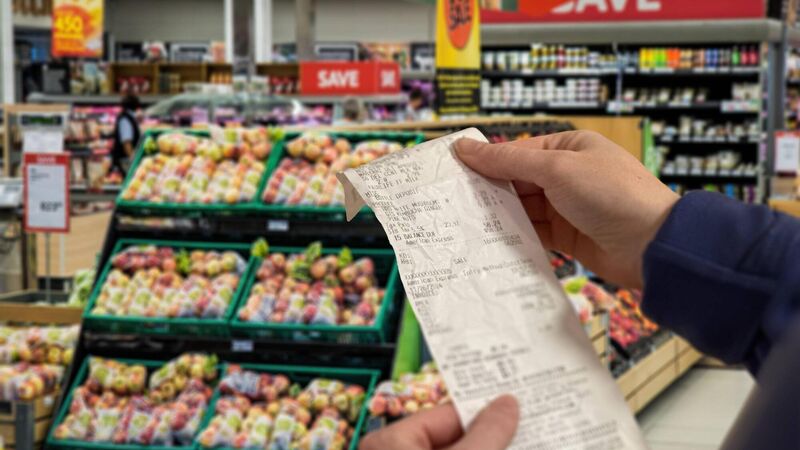Caitríona Redmond: Food prices are at a tipping point — brace for a hard winter

Overall, according to the HICP, prices in Ireland were about 1.8% higher in August 2025 than a year earlier. This means that purchases that cost €100 last August would cost about €101.80 now.
There are two ways in which the rate of inflation in Ireland can be measured and both of which are reported upon by the CSO.
The Consumer Price Index (CPI) is published roughly at the beginning of the second week of the month, 12 months of the year. The index is calculated based on sample purchases of a range of goods and services, and yes, this includes food.








